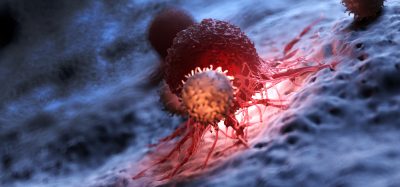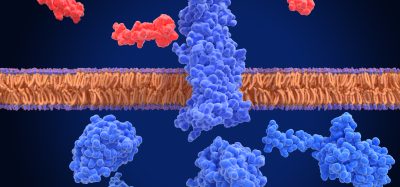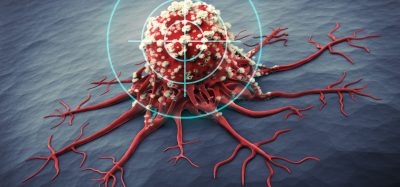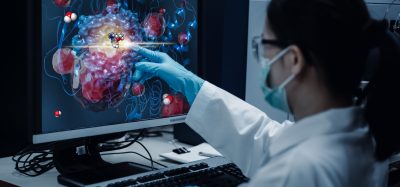Tumours detected with sugar molecules
Posted: 15 August 2017 | Dr Zara Kassam (Drug Target Review) | No comments yet
Scientists have synthesised a complex sugar structure that specifically binds to the tumour protein Galectin-1…
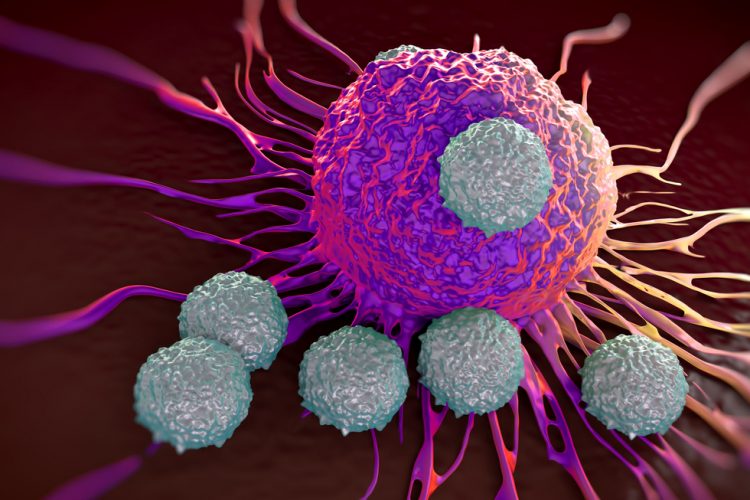

Scientists have synthesised a complex sugar structure that specifically binds to the tumour protein Galectin-1, which could help to recognise tumours at an early stage and to combat them in a targeted manner.
“Among other things, it is known that galectin-1 hides the tumour cells from the immune system,” explains Professor Jürgen Seibel of the Institute of Organic Chemistry at the University of Würzburg. Recent studies have shown that when Galectin-1 is blocked, the immune system can recognise the tumour and attack it with T cells.
Galectin-1 has become a major focus of research for Prof Seibel and his research team, they are now interested in a very specific section of protein, the so-called carbohydrate recognition domain. The researchers are currently working on a rapid test for the detection of galectin-1. It is designed to enable early detection of tumours such as neuroblastoma.
“We have provided the sugar molecule with a docking site, for example, to connect it with a fluorescent dye or an active substance,” said Prof Seibel. In addition, the scientists have described the binding of their molecule to galectin-1 with high-resolution X-ray structure analyses.
“Our findings can serve the development of high-affinity ligands of the protein Galectin-1 and thus also new drugs,” said Dr Clemens Grimm
For the future, Prof Seibel’s team would like to expand the sugar molecules into a kind of shuttle system that allows pharmaceutical agents to be transported directly to the tumours. The study has been published in ChemBioChem.
Related topics
Drug Discovery, Molecular Targets, T cells
Related conditions
Cancer, Neuroblastoma, Tumours
Related organisations
University of Würzburg
Related people
Dr Clemens Grimm, Professor Jürgen Seibel




